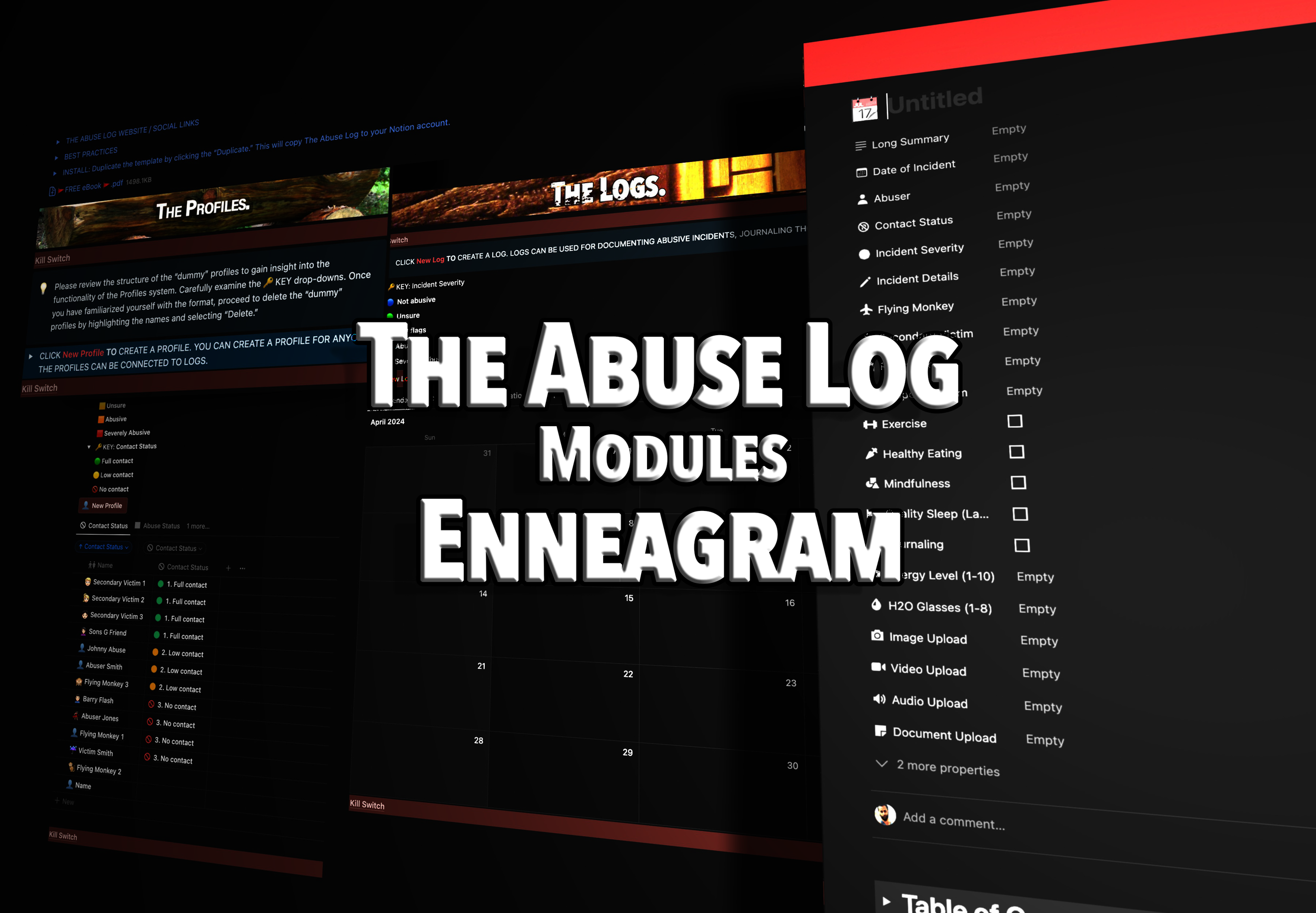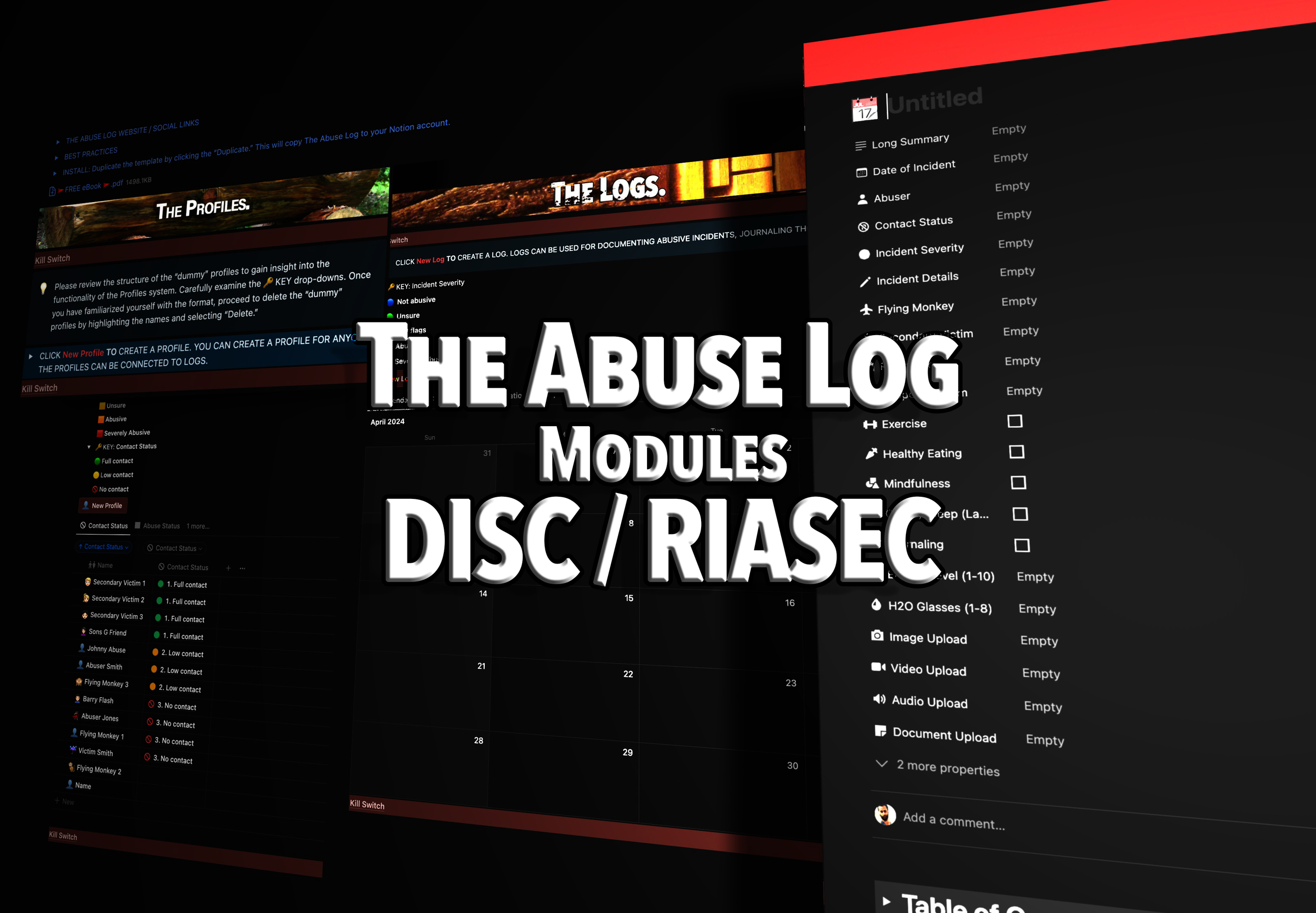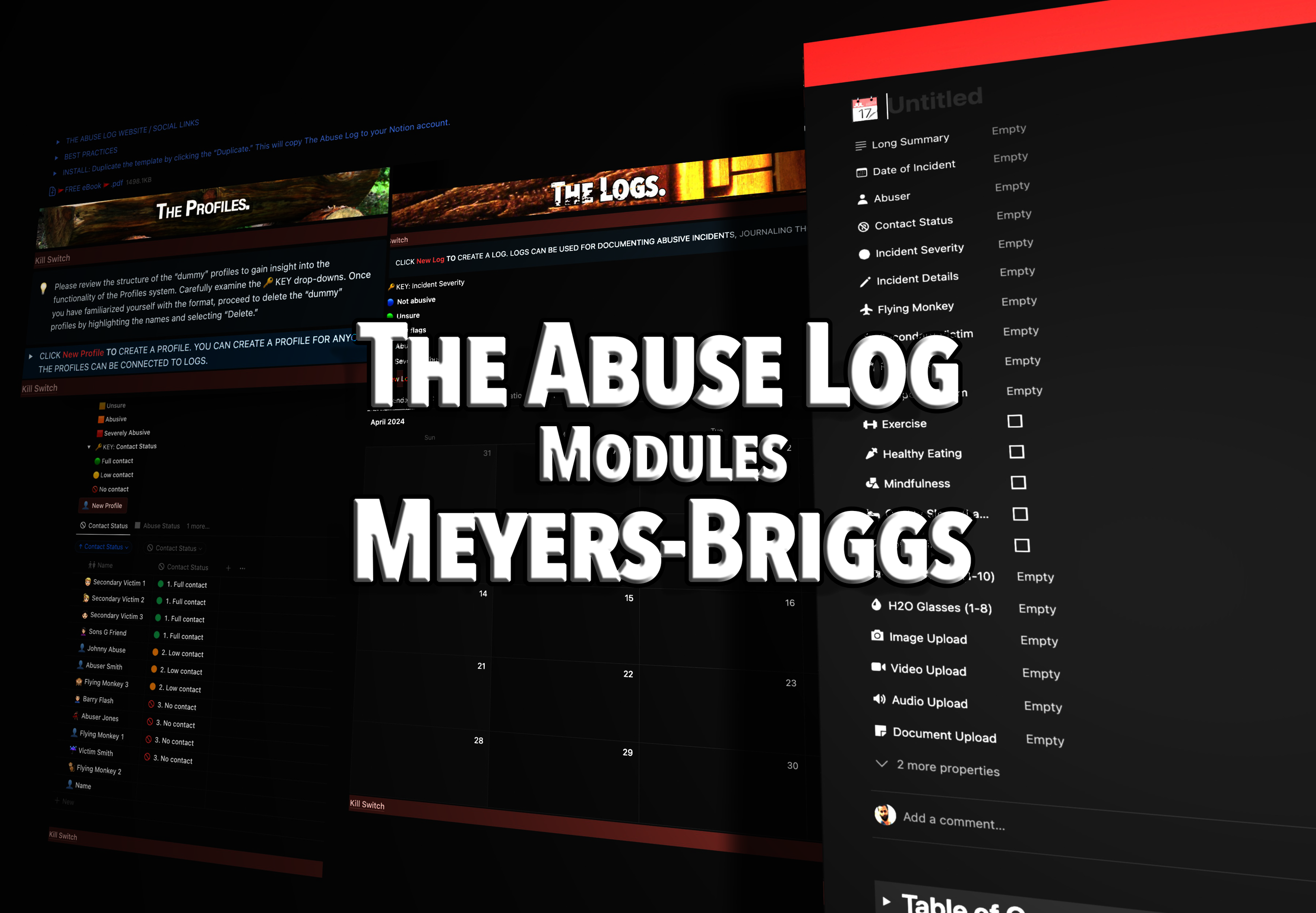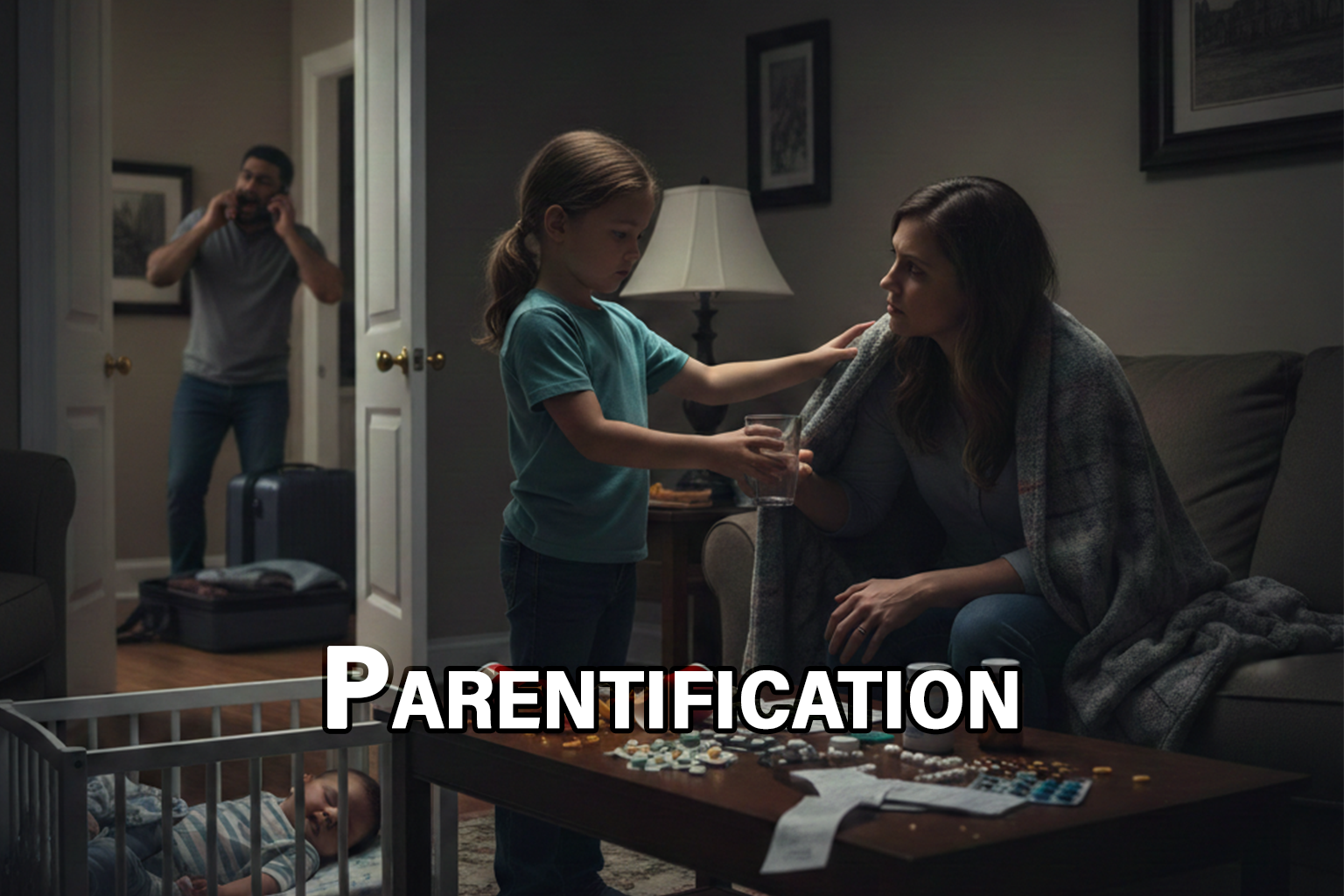Why Narcissists Threaten to “Sign Their Parental Rights Away” — But Never Do
It’s one of the most chilling lines you’ll ever hear from a narcissistic parent:
“Fine. I’ll just sign my rights away.”
At first, the words land like a thunderclap — the sound of a parent threatening to abandon their own child. It feels final, catastrophic, and cruel. But here’s the truth: it’s almost never about the child. It’s not even about leaving. It’s about control.
To understand why narcissists so often make this threat yet never follow through, we need to look at the psychology beneath it — the warped machinery of projection, manipulation, and self-preservation that drives the narcissistic personality.
I. The Threat Is a Performance, Not a Promise
For a narcissist, life is theater, and relationships are stages. Every interaction is an opportunity to seize attention, provoke emotion, and script reality to their advantage. When a narcissistic parent declares they’ll “sign their rights away,” it’s not a statement of intent. It’s a performance of power.
They don’t mean it literally — they mean it emotionally:
“If you don’t give me what I want, I’ll emotionally remove myself from this child’s life and make it your fault.”
It’s a bluff disguised as despair, a manipulation cloaked in martyrdom. The narcissist uses the language of surrender to win. They are, in effect, saying:
“Look how much pain you’ve caused me — I’m such a victim that I’m willing to destroy myself just to escape you.”
But the true motive is control through guilt. The more devastated, terrified, or desperate you become in response, the more powerful they feel. They don’t want out; they want reaction.
II. The Narcissist’s Paradox: Abandonment as Control
One of the central contradictions of narcissism is the fear of abandonment coupled with a need to abandon first. To a narcissist, being left is annihilation — proof of unworthiness. So they reverse the roles: they threaten to leave you or the child first, manufacturing an illusion of dominance over their deepest fear.
In this context, threatening to “sign away parental rights” is not about escape — it’s about inversion. They feel powerless in the face of accountability (whether through court orders, child support, or public exposure), so they stage a symbolic exit. They fantasize about reclaiming control by pretending to give it up.
But the narcissist’s ego won’t allow them to actually disappear. Without an audience — without the other parent reacting, without the child as proof of their importance — they lose their supply. So they hover, threaten, and withdraw just enough to destabilize everyone else.
It’s not abandonment; it’s possession through threat of absence.
III. The Emotional Extortion Behind the Curtain
This is what psychologists refer to as emotional extortion — a pattern of using self-destructive or exaggerated threats to force compliance.
When a narcissistic co-parent says, “I’ll sign my rights away,” they are deploying a conditional ultimatum:
“Do what I want, or I’ll do something so drastic you’ll never recover.”
They may be trying to:
Evade responsibility for child support or parenting duties
Manipulate the court narrative (“I tried, but the other parent pushed me away”)
Punish you for asserting boundaries or seeking accountability
Make the child feel responsible for their emotional instability
But the true subtext is: “I want to see how far I can push you before you break.”
Like all narcissistic threats, it’s about emotional leverage — not logistics.
IV. The Legal and Psychological Reality
Let’s get practical for a moment. Voluntarily signing away parental rights in most jurisdictions is not simple, nor does it relieve a parent of financial obligations unless there’s a step-parent adoption or court-approved termination in the child’s best interest. Judges do not grant terminations to avoid support or accountability.
Narcissists know this, at least instinctively. They live in a world of appearances, and they understand that actually following through would make them look like what they are — neglectful and unstable. So they weaponize the idea of signing away rights instead, creating the illusion of total control while bearing none of the consequences.
This paradox is why narcissists almost never follow through. The act would strip them of the very power they’re fighting to maintain — the ability to keep you and the child emotionally captive.
V. The Role of Shame and Ego Preservation
Beneath the manipulation lies a more primitive force: narcissistic shame.
To a narcissist, failure in parenting is existential. They can’t accept being viewed as a “bad parent,” so they rewrite the story. Instead of facing consequences, they reframe abandonment as noble self-sacrifice:
“I’m doing what’s best for the child by walking away.”
“You made me do this.”
They recast their withdrawal as a moral act — a performance that protects their ego from the reality of their failures. This is classic defensive projection: offloading their shame onto you and claiming the role of martyr instead of aggressor.
By threatening to “sign away rights,” they momentarily escape self-accountability. But like all narcissistic defenses, it’s fragile. It only works if you believe the performance.
VI. The Parent as Pawn
In co-parenting dynamics, the narcissist’s threat often coincides with pivotal moments: custody modifications, contempt hearings, or instances where their control is legally challenged. It’s strategic. They sense they’re losing the narrative — and rather than engage with reality, they try to rewrite it through intimidation and emotional chaos.
The child, tragically, becomes a pawn in the psychological warfare.
The narcissist frames themselves as the wronged parent, weaponizing the language of love:
“I can’t take this anymore — your other parent won’t let me see you.”
“Maybe it’s better if I just go away. Nobody wants me around anyway.”
These statements are not genuine expressions of despair. They’re engineered to bind the child to them through guilt, creating trauma bonds that distort the child’s understanding of love and responsibility.
VII. Why They Can’t Actually Leave
When you strip away the performance, narcissists don’t leave for one simple reason: they need the mirror.
Their identity depends on external reflection — someone to provoke, someone to idealize, someone to blame. Children and co-parents serve as living mirrors that reflect back their perceived significance. The moment they “sign away rights,” they shatter that mirror and lose the feedback loop that sustains their fragile ego.
So instead, they maintain pseudo-disengagement — a pattern of:
Threatening to disappear but never doing so.
Ghosting communication channels only to return with demands.
Withdrawing affection from the child, then love-bombing them later.
Alternating between “you’ll never see me again” and “you’re the only thing that matters.”
It’s psychological yo-yoing, designed to ensure the narcissist remains the gravitational center of everyone’s emotional universe.
VIII. The Narcissist’s Fantasy of Control Through Chaos
Every narcissistic tactic revolves around one obsession: control.
When the narcissist threatens to give up their rights, they’re not relinquishing control — they’re intensifying it. By introducing the possibility of permanent loss, they ignite fear and instability in everyone else, reclaiming power through chaos.
This is the paradox of narcissistic parenthood:
They would rather threaten to abandon a child than confront their own flaws.
They would rather manipulate than mature.
They would rather look like a victim than be accountable.
And because the threat achieves its intended effect — fear, pleading, panic — they repeat it. Each time it works, it reinforces their delusion that emotional terrorism equals power.
IX. The Psychological Mechanisms at Play
Let’s name the underlying traits forensically:
Grandiosity:
They believe they are so vital that their absence would destroy everyone emotionally — a god-complex disguised as martyrdom.Entitlement:
They expect unconditional admiration, even when they fail to show up as a parent.Lack of Empathy:
The emotional devastation these threats cause the child or co-parent simply doesn’t register.Manipulativeness:
They weaponize emotional threats to coerce behavior, extract concessions, or avoid accountability.Fear of Shame:
Their deepest terror is being exposed as unlovable or unfit, so they preemptively reject others before they can be rejected.
This cocktail of traits creates the toxic loop we see so often in high-conflict custody cases: endless threats, false martyrdom, and performative victimhood, all orbiting around a single gravitational truth — they cannot tolerate powerlessness.
X. The Counter-Strategy: Breaking the Loop
If you’re co-parenting with someone who uses this tactic, the most powerful response is calm, legal, and emotionally neutral disengagement.
1. Call the Bluff Without Emotion
Never beg, plead, or argue. A measured response such as,
“That’s a serious legal decision. If you’re considering it, you should speak with your attorney,”
shifts the power dynamic from emotional chaos to procedural logic. Narcissists thrive on reaction — remove it, and they wither.
2. Document Everything
Every threat, every message, every statement should be archived and time-stamped. In family court, patterns of emotional manipulation matter. Judges see through dramatics when they’re systematically documented.
3. Stay Grounded in Reality
Remind yourself — and your child, if age-appropriate — that threats are not actions. Reassure the child that they are loved, safe, and not responsible for adult instability.
4. Refuse the Bait
Remember: their goal is not to leave, but to pull you back into emotional servitude. The moment you engage in defending yourself, they’ve succeeded. Stay calm, concise, and boundaried.
XI. The Child’s Perspective: Invisible Collateral
Perhaps the most tragic consequence of this behavior is its effect on the child. For a young mind, the idea that a parent might willingly “sign them away” can fracture their sense of worth. Children internalize the threat as evidence that love is conditional — that they must perform perfectly to keep a parent from leaving.
In adulthood, this often manifests as:
Fear of abandonment
Hypervigilance in relationships
Chronic self-blame
Attraction to emotionally unstable partners
Breaking that cycle begins with truth. A healthy parent can model stability by demonstrating that love is not withdrawn as punishment — that words can wound, but integrity heals.
XII. What the Narcissist Truly Fears
The narcissist’s greatest fear isn’t losing the child — it’s losing relevance.
By threatening to “sign their rights away,” they’re testing whether they still matter enough to hurt you. When the bluff fails, it exposes their impotence. When you stop reacting, you dismantle their illusion of control.
And that’s when the real healing begins.
XIII. Turning Pain Into Proof
In the context of documentation — for your Abuse Log, for legal proceedings, or simply for your own sanity — these threats are evidence of coercive control. They reveal a pattern of behavior inconsistent with genuine parenting and aligned with emotional abuse. Each time they threaten abandonment, they demonstrate that their concern is self-image, not the child’s welfare.
In court, this can be framed not as “empty threats,” but as psychological instability and failure to act in the child’s best interest under Florida Statute § 61.13(3)(a), (b), and (r):
The capacity of each parent to put the needs of the child before their own, and
The moral fitness and emotional stability of each parent.
A parent who repeatedly weaponizes abandonment clearly fails both.
XIV. The Truth They Can’t Face
Here’s the paradox that defines the narcissistic parent:
They will threaten to abandon you to feel powerful —
but if you stop chasing them, they crumble.
They will proclaim, “I’m done!” —
but when you take them at their word, they panic.
They will threaten to “sign their rights away” —
but when confronted with the reality of life without control, they disappear into the next drama to keep the illusion alive.
In the end, the narcissist’s threat is not a legal declaration — it’s a confession. A confession that they never intended to parent; they only intended to possess.
🩸 Final Reflection
If you’ve heard these words, know this: you are not the unstable one. You are witnessing a projection of someone else’s inner collapse. The narcissist’s threats are the echo of their own fear — of irrelevance, exposure, and accountability.
When they say, “I’ll sign my rights away,” what they’re really saying is:
“I can’t win this game anymore, so I’ll pretend I’m choosing to lose.”
And that’s what separates the healthy parent from the narcissist:
you protect the child from chaos; they protect their ego from truth.


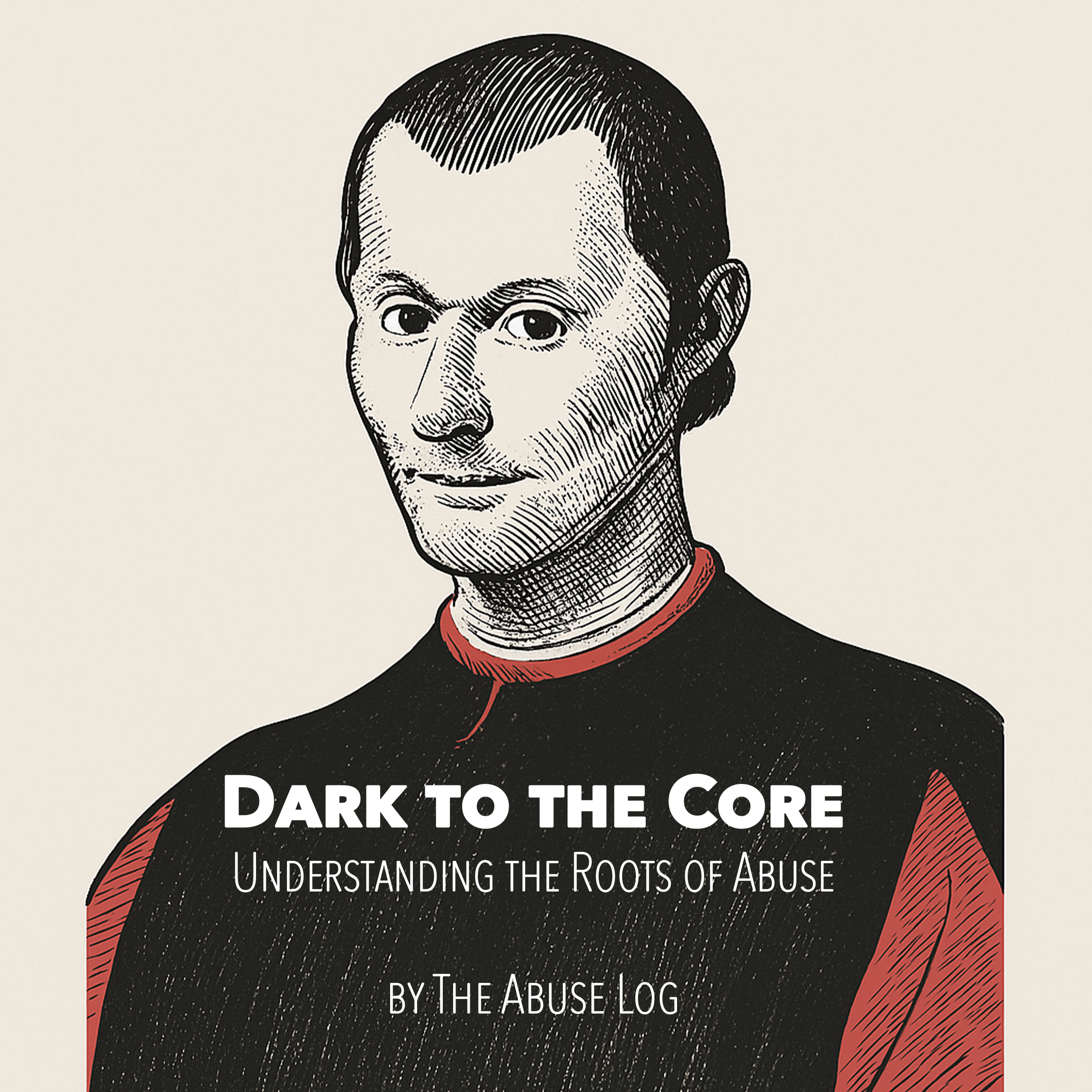
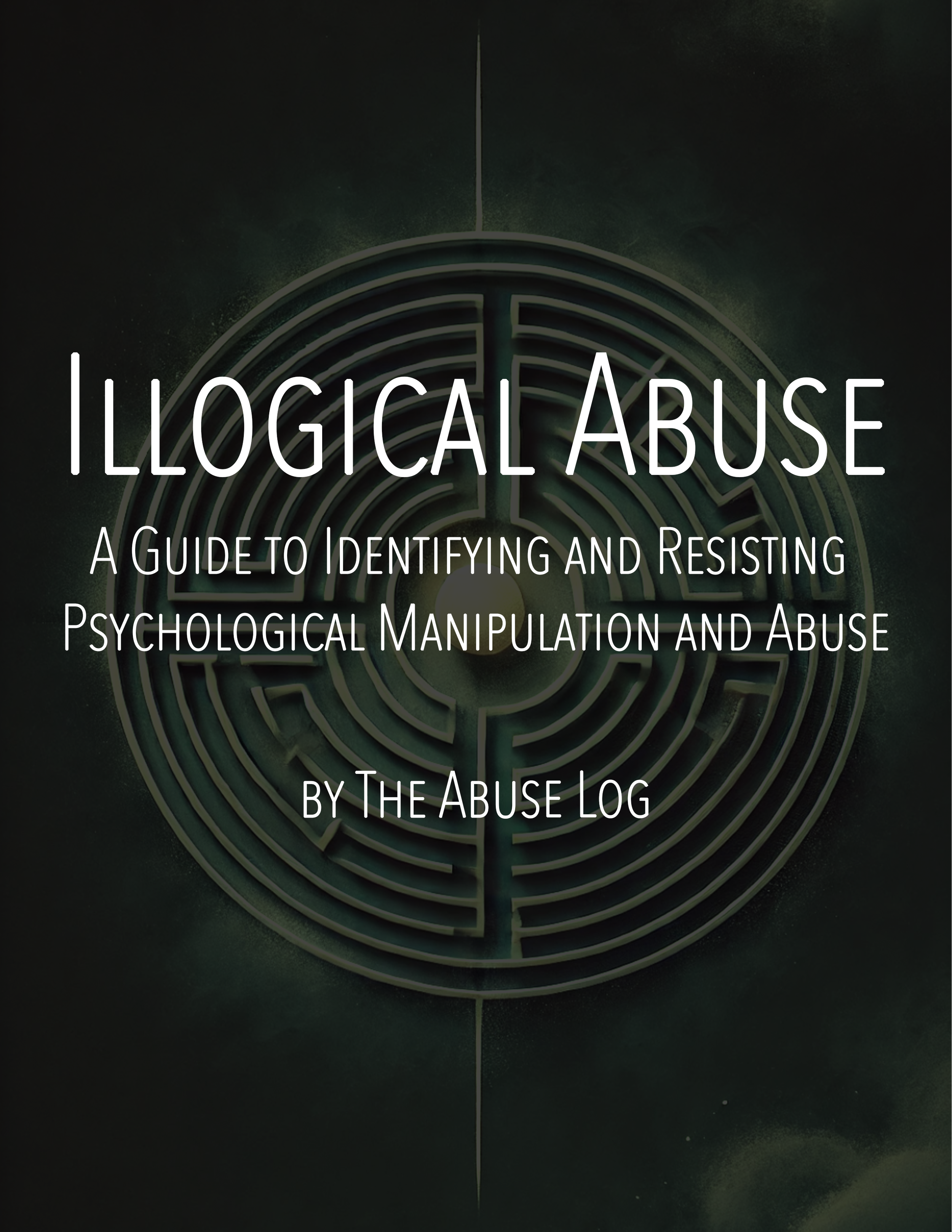

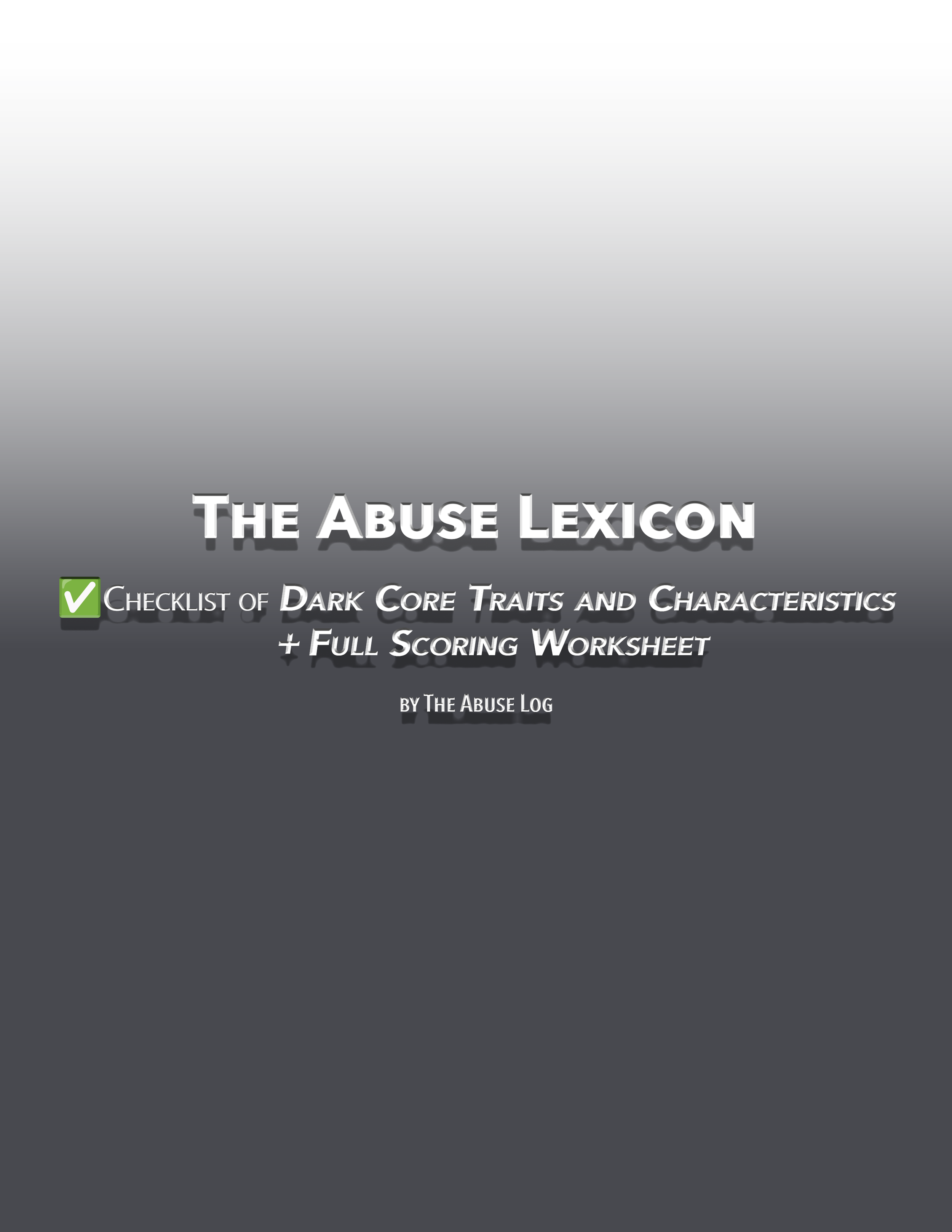


![The Abuse Log Notion Template [Basic]](https://images.squarespace-cdn.com/content/v1/65b9553c448d7e5b0ec1dfcd/4c83e581-b720-4cbe-83b1-2d72e7a9ac8a/Logo+Gumroad-Basic.png)
![The Abuse Log Notion Template [Advanced]](https://images.squarespace-cdn.com/content/v1/65b9553c448d7e5b0ec1dfcd/c3bb150a-a911-4f91-a23e-3621b98a2d55/Logo+GumroadAdvanced.png)
![The Abuse Log Notion Template [Professional]](https://images.squarespace-cdn.com/content/v1/65b9553c448d7e5b0ec1dfcd/7fa18cea-edf4-4325-8234-13f3527579c2/Logo+GumroadProfessional.png)






